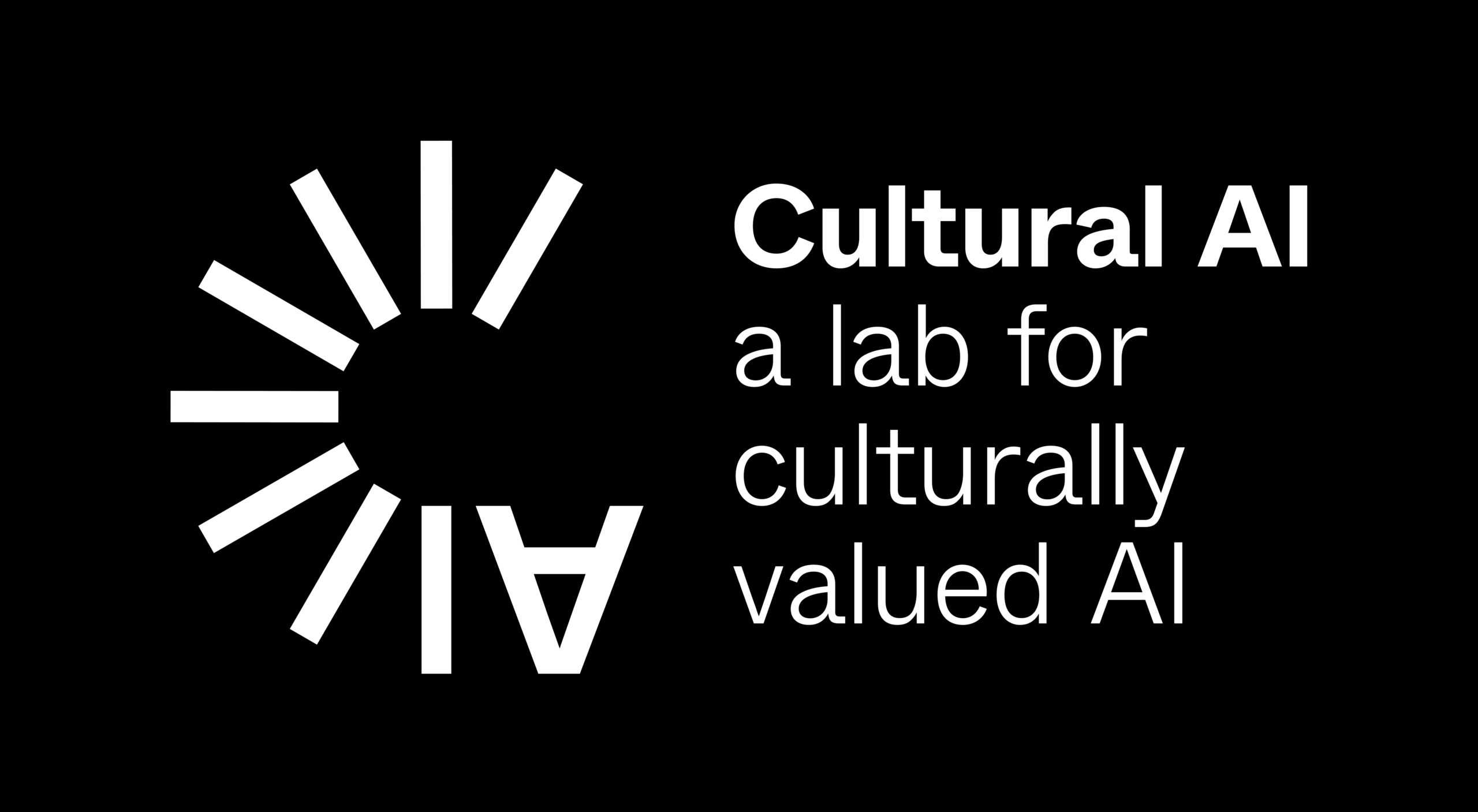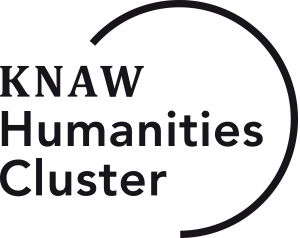
Artificial Intelligence improved by cultural heritage
Heritage institutions and research and knowledge organizations are starting collaboration on Artificial Intelligence (AI).
Paintings, manuscripts, photos, videos, newspaper articles – heritage institutions have an enormous wealth of digitized collections. Artificial Intelligence plays an important role in analyzing these collections and making them accessible. The Centrum Wiskunde & Informatica (CWI), the KNAW Humanities Cluster, the National Library of the Netherlands (KB), the Netherlands Institute for Sound and Vision, the Rijksmuseum, TNO, the University of Amsterdam, and the VU University Amsterdam have therefore joined forces in the Cultural AI Lab. Together they will use the possibilities of AI for cultural research and make technology aware of cultural context.
The parties will work closely with each other to develop AI tools that can be applied in the cultural heritage sector. The first five
research projects will start in the coming months, including a study into the automatic detection of colonial terminology in collection data and a study into ‘framing’ in online journalism.
Marieke van Erp, Cultural AI project leader at the KNAW HuC: “This collaboration transcends the boundaries of domains and disciplines. Only by working together can we develop artificially intelligent technology that is aware of cultural contexts.”
Cultural AI
Cultural AI builds a bridge between cultural heritage institutions, humanities studies, and computer science. Data and information from the involved heritage institutions and the technical knowledge from research institutions form the basis for developing AI tools that do justice to the complexity of human culture and can be applied within the cultural heritage sector in the Netherlands. The studies aim to make AI technology more aware of cultural contexts and to align cultural institutions with ‘state of the art’ AI research in the Netherlands.
Collaborate
Current and future studies within the Cultural AI initiative are spread among the institutions involved. In the first instance, the PhD students and postdocs will work on research for four years within the involved heritage institutions.

The first five projects of the Cultural AI Lab:
AI: CULT Culturally Aware
Automated analysis and enrichment of object descriptions in museum collections using AI. The goal is to use AI within the cultural heritage in a transparent and inclusive way, whereby the user remains in control and changes, inspired by AI research, are made transparent.
KNAW Humanities Cluster, KNAW Meertens Institute, CWI, Netherlands Institute for Sound and Vision and KB. Funded by the Netherlands Organization for Scientific Research.
SABIO – the SociAl Bias Observatory
Automated analysis of collection descriptions in museum collections to trace colonial terminology. This research maps the cultural bias in collections and updates the information without overwriting the existing collection data.
KNAW Humanities Cluster, Museum for World Cultures, Netherlands Institute for Sound & Vision and KB. Financed by Network Digital Heritage.
Better Informing Citizens about Current Debates
Automated analyzes of contemporary press debates with the aim of developing a tool that makes it possible to evaluate and improve the quality of online debates.
KNAW Humanities Cluster and Tilburg University
RE-FRAME
Analysis of the context and framing in online journalism. In RE-FRAME we investigate the reuse of sources and the role they play in the construction of audiovisual journalistic narratives through content analysis and (action-based) production analysis. We investigate how new technologies, such as Automatic Speech Recognition and Computer Vision, which are contained in the CLARIAH Media Suite, can play a role in content discovery and interpretation and in journalistic practice.
Utrecht University and Netherlands Institute for Sound and Vision
Researchers in Residence Program Cultural AI
External researchers can use the data from the KB, the national library of the Netherlands, to propose studies on the themes of the Cultural AI Lab. The selected researchers will receive a fee and can use the facilities of the KB during their research. In 2021, the KB will collaborate with researcher Simon Kemper (Leiden University) on a project on locating entities (people, places and organizations) in multilingual colonial digitized newspapers using different AI language models.
KB








